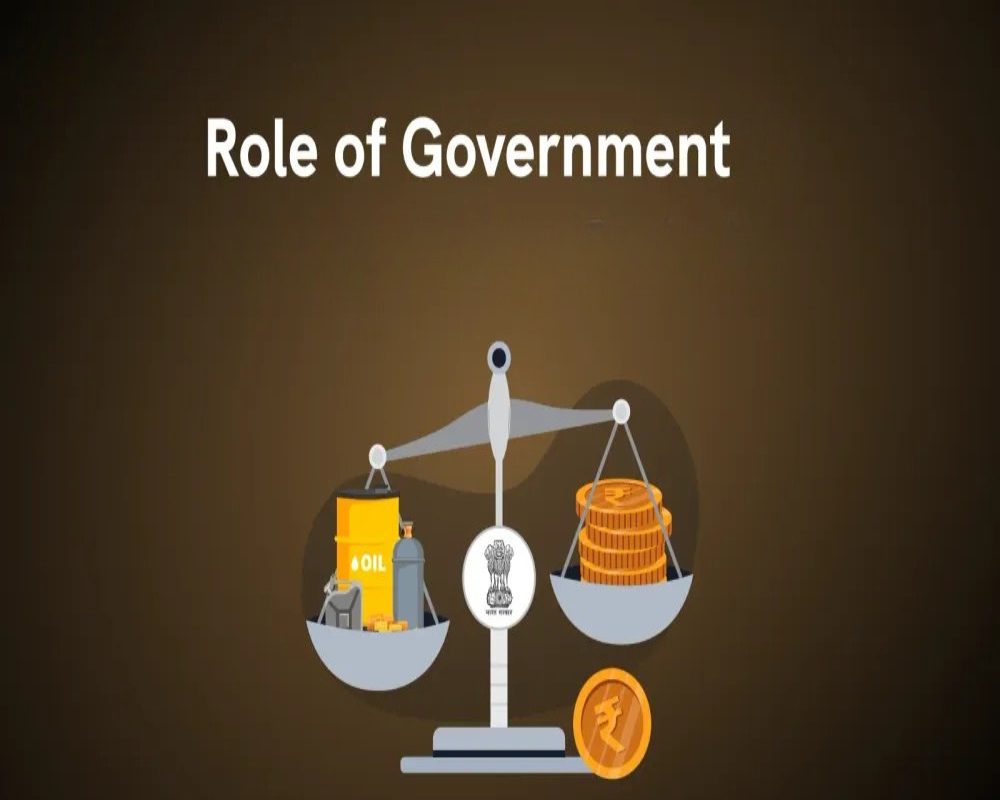Introduction
The government plays a central and multi-faceted role in the permit approval process for industrial, commercial, and infrastructure development. Its involvement ensures that all projects comply with legal, environmental, safety, and social standards before they are allowed to proceed. By overseeing and administering permits, the government helps manage orderly development, protect public interests, and enforce compliance with national and local regulations. Whether at the central, state, or municipal level, government authorities serve as gatekeepers, facilitators, and regulators throughout the permit lifecycle.
Regulatory Oversight and Legal Compliance
One of the primary functions of the government in permit approvals is to ensure that projects adhere to applicable laws and regulatory frameworks. These include zoning laws, environmental legislation, construction codes, labor laws, fire safety regulations, and health and sanitation standards. Government departments and agencies evaluate permit applications to confirm that all legal criteria are met and that the proposed activity does not violate public policy or development plans. This regulatory oversight protects communities from harmful practices, environmental degradation, and unsafe industrial conditions.
Coordination Across Departments and Authorities
Government agencies coordinate with each other to process various types of permits. For example, an industrial development project may require clearances from the town planning department for land use, the pollution control board for environmental compliance, the labor department for workplace safety, and the fire department for emergency preparedness. The government ensures that these departments work together, either sequentially or through a centralized platform such as a single-window clearance system, to streamline the approval process and avoid duplication or conflict.
Technical Review and Risk Assessment
Government bodies often conduct or commission technical evaluations to assess the feasibility and impact of proposed projects. These reviews include analyzing engineering plans, environmental impact assessments (EIAs), traffic studies, and safety audits. By applying expert scrutiny, the government ensures that risks to health, safety, and infrastructure are properly identified and mitigated. For high-risk industries such as chemicals, energy, or heavy manufacturing, government approval may hinge on the implementation of specific safeguards, contingency plans, and monitoring systems.
Facilitating Public Consultation and Transparency
The government also facilitates public consultation, especially for projects with potential environmental or social impacts. By organizing public hearings and publishing project details, it allows affected communities to voice concerns, raise objections, or suggest alternatives. This role promotes transparency and ensures that projects are not only legally compliant but also socially responsible. In democratic systems, such engagement is a cornerstone of participatory governance and builds public trust in the permitting process.
Incentivizing Development Through Policies and Support
Beyond regulation, governments actively promote industrial and economic development by incentivizing projects that align with strategic goals. In some cases, special economic zones (SEZs), industrial parks, or priority sectors benefit from expedited permits, reduced fees, or regulatory concessions. The government may also support applicants through guidance cells, investment promotion agencies, or industry-specific task forces that help navigate the permit process and reduce procedural bottlenecks.
Monitoring, Enforcement, and Renewal
The government’s role does not end with permit issuance. It remains responsible for monitoring compliance with permit conditions, conducting periodic inspections, and enforcing penalties in case of violations. Many permits are issued for a fixed period and require renewal, during which performance and compliance history are evaluated. This ongoing involvement ensures that projects remain aligned with legal and environmental standards throughout their lifecycle.
Conclusion
The government’s role in permit approvals is both supervisory and supportive, ensuring that development occurs within the bounds of law, public interest, and sustainable practice. By reviewing, coordinating, regulating, and monitoring permits across sectors and jurisdictions, government institutions serve as essential mediators between economic activity and societal well-being. An effective permitting system, supported by clear government processes, not only facilitates lawful project execution but also encourages responsible growth, public accountability, and investor confidence. As industrialization and urban development accelerate, the government’s role in permit approvals becomes increasingly important in shaping safe, equitable, and forward-looking economic environments.
Hashtags
#GovernmentRole #PermitApprovals #RegulatoryProcess #PublicPolicy #GovernmentOversight #CommunityDevelopment #ZoningLaws #BuildingPermits #EnvironmentalRegulations #UrbanPlanning #LocalGovernment #PermitProcess #Compliance #InfrastructureDevelopment #CivicEngagement #PolicyMaking #GovernmentTransparency #PlanningCommission #PermitApplication #PublicSafety


